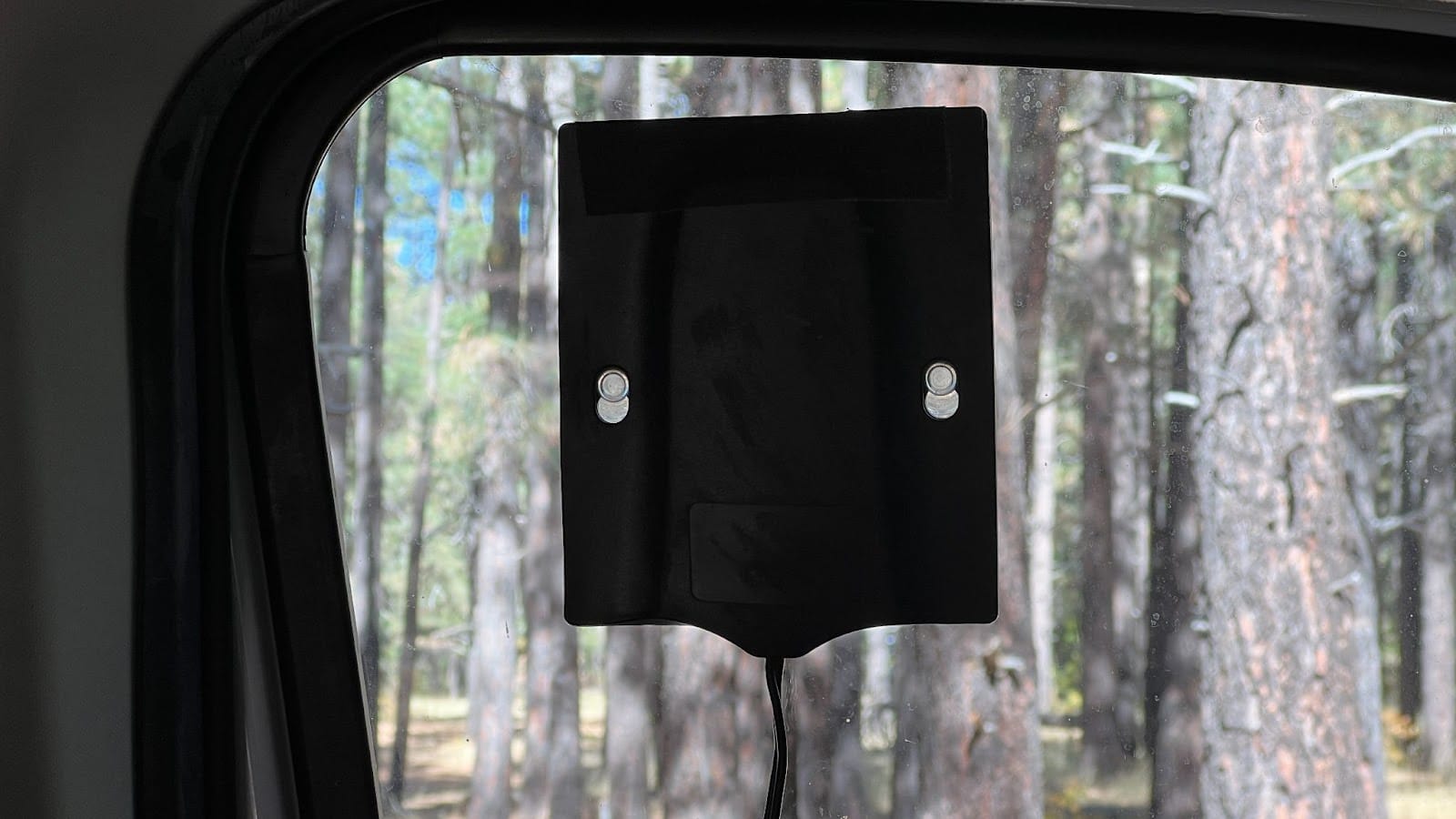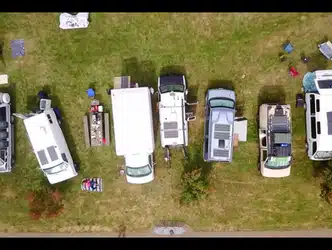
Embarking on this lifestyle, or even on a road trip offers the thrill of adventure and exploration, yet it also entails the responsibility of managing waste, particularly grey and black waste, throughout the journey. Proper handling of these types of waste is not only critical for environmental preservation but also for the health and safety of travelers and local communities. In this comprehensive guide, we’ll delve into the nuances of managing it during vehicle travels, ensuring a seamless and eco-friendly waste disposal process.
Understanding Grey and Black Waste:
For a well-rounded waste management process, it’s crucial to grasp the distinctions between grey and black waste:
Grey Waste: This category encompasses water used for cooking, cleaning, and personal hygiene. It often contains traces of soap and food particles but is relatively less harmful to the environment.
Black Waste: Black waste refers to human waste from portable toilets or built-in facilities in camping vehicles. It requires careful handling and disposal to prevent contamination and environmental harm.
Effective Planning and Preparation:
To execute a successful waste management plan during your travels, consider the following preparatory steps:
Choose the Right Vehicle: Opt for a vehicle equipped with a dedicated wastewater tank for grey and black waste, ensuring a convenient and contained system for waste management.
Route Research: Conduct thorough research on your chosen route to identify suitable dump stations and campgrounds with adequate waste disposal facilities. Strategically plan your stops to minimize the distance between dumping sites.
Essential Equipment: Equip your vehicle with necessary waste management tools, such as wastewater hoses, connectors, and chemicals for black tank maintenance. Including portable wastewater tanks, biodegradable trash bags, and non-toxic cleaning supplies. Having these tools readily available streamlines the dumping process, ensuring efficiency and hygiene.
Select Eco-Friendly Products: Prioritize the use of biodegradable soaps, detergents, and cleaning agents to minimize the environmental impact of greywater. Opt for eco-friendly camping gear and equipment to reduce waste generation.
Proper Grey Waste Disposal Techniques:
When it comes to disposing of grey waste, implementing the following strategies is key:
Utilize Designated Dump Stations: Direct greywater to designated dump stations, refraining from disposing of it on the ground or in natural areas. These specialized stations are equipped with sanitary drainage systems that prevent contamination and environmental harm.
Minimize Chemical Usage: Opt for environmentally friendly and biodegradable soaps and detergents for your daily activities, effectively reducing the environmental impact of it.
Use Trench Drains: When in remote areas with no dump stations, consider digging trench drains at least 200 feet away from water sources to dispose of your greywater. Strain out food particles before disposing of the water and fill in the trench afterward to minimize the environmental impact. Always comply with local regulations regarding the matter as this isnt always allowed.
Efficient Disposal of Black Waste:
For the effective disposal of black waste, it’s essential to adhere to the following guidelines:
Select Sanitary Dump Stations Only: Dispose of black waste exclusively at sanitary dump stations or campgrounds equipped with appropriate waste disposal facilities. Don’t consider dumping it onto the ground or into water bodies, as this poses significant health and environmental risks.
Regular Black Tank Maintenance: Prioritize regular cleaning and maintenance of your vehicle’s black tank using specialized chemicals designed to break down waste and control odors. Adhere to the manufacturer’s instructions to ensure optimal performance and longevity of the black tank system.
Portable Toilet Considerations: If using a portable toilet, dispose of black waste in designated waste disposal stations or restrooms whenever available. If not, follow local regulations for the proper disposal of human waste to minimize environmental contamination.
Follow Leave No Trace Principles: If remote, follow the principles of Leave No Trace camping by digging cat holes at least 6 to 8 inches deep and 200 feet away from water sources to dispose of human waste. Cover the cat hole with soil afterward to promote decomposition and prevent the spread of disease.
Environmental and Health Considerations:
Maintaining a conscious approach to environmental and health considerations is imperative during waste disposal:
Prevent Cross-Contamination: Ensure that grey and black waste systems remain separate to prevent any cross-contamination. Utilize separate hoses and equipment designated for each waste type, effectively mitigating potential risks.
Uphold Good Hygiene Practices: Adhere to strict hygiene protocols when handling black waste, including wearing protective gloves and using appropriate disinfectants. By prioritizing personal safety and hygiene, you contribute to the preservation of public health and well-being.
Adhere to Local Regulations: Familiarize yourself with the specific waste disposal regulations of the regions you traverse and strictly adhere to them. Compliance with local guidelines is crucial to avoid potential fines and mitigate any adverse impact on the environment and local communities.
Respect Nature: Show respect for the natural environment by minimizing your impact and leaving no trace of your presence. Dispose of waste responsibly and avoid littering or polluting water sources, ensuring that the natural beauty of the camping site remains intact for future generations.
Promoting Community Engagement and Sustainable Travel:
Enhancing community engagement and advocating for sustainable travel practices can significantly contribute to responsible waste management:
Foster Environmental Awareness: Act as an advocate for responsible waste management practices, particularly concerning grey and black waste disposal, and inspire fellow travelers to embrace and uphold these best practices. Lead by example and share knowledge about eco-friendly techniques.
Support Sustainable Tourism: Make conscious choices by selecting accommodations and attractions that prioritize eco-friendly waste management practices. Participate actively in local sustainability initiatives, demonstrating a commitment to preserving the natural environment and promoting sustainable tourism practices.
Traveling in a vehicle allows for a profound connection with nature, coupled with the responsibility of environmental preservation. Proper management of gray and black waste is crucial for ethical travel. Implementing sustainable waste practices minimizes ecological footprints and conserves natural resources. Embrace Leave No Trace principles and eco-friendly products, ensuring a comfortable, environmentally conscious, and sustainable experience. Following these best practices protects public health and promotes sustainable tourism, making your journey both memorable and eco-friendly.












